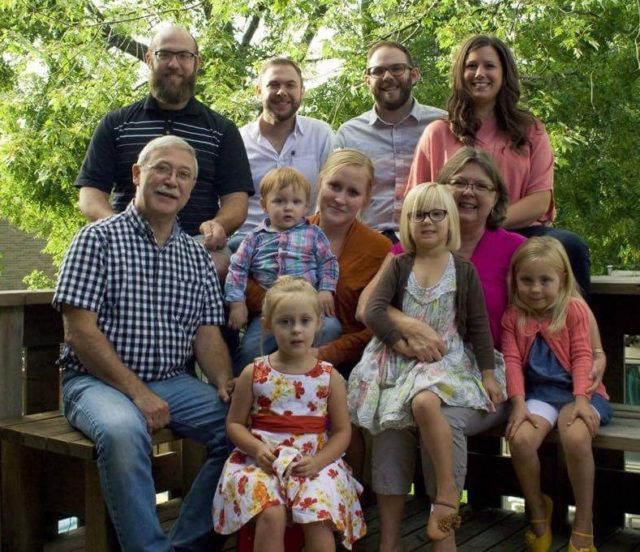When Susan Huson was diagnosed with diabetes in 1967, the “good news”, she remembers being told, was that people with the condition could now live up to 50 years. She was 11 years old at the time.
“I did the math and thought, ‘well, I wouldn’t want to live to 61 anyway.’ It sounded so old. But here I am – age 65. It makes me happy to have reached 54 years living with diabetes.”
Susan was near death when diagnosed as a young girl, her signs and symptoms missed for weeks. Her father, a Baptist minister, ran a camp during the summer and her mom was the camp nurse.
“I remember the thirst – I was so thirsty – and constantly trying to find cold water to drink,” recalls Susan. “The camp pumped drinking water up a hill to the dining hall where it sat in a reservoir, so it was never cold – not nearly cold enough to quench the thirst of undiagnosed diabetes. I would therefore go down the hill to the well, where there was a hand pump, and pump my little heart out, desperate for the ice cold spring water that flowed out.”
When the family headed to a Baptist conference in Muskoka where her father was speaking, a relative noticed how thin Susan had become. She had shed 20 pounds from her already-small frame. Susan was taken to a hospital in Huntsville, where her mother was told she had diabetes and to come back the next day. Her mother refused to take Susan out of the hospital. That night, her condition took a turn.
“They didn’t know if I would live or not. My father missed his talk and the conference turned into a prayer meeting for me.”
Susan rebounded but growing up in Rouyn Noranda, Quebec, there was no specialized diabetes care. Like all those with diabetes at the time, she relied on urine testing to monitor her blood sugar levels, not the most reliable method. Blood tests would be sent off but results would take a week, which did little to ensure good management of her condition. Once a year Susan would travel to Toronto, more than 600 kilometres away, for a week-long battery of tests to see how she was doing and have her treatment adjusted.
“Today, I can’t imagine not being able to properly measure my blood sugar levels,” says Susan. “I’m a fanatic about it. When I think back, I’m sure my blood sugars were high throughout my teenage years. I can remember not feeling well. And to think I went through three pregnancies without a blood glucose meter. It’s amazing how much easier it is today to look after myself, feel good and still enjoy life.”
